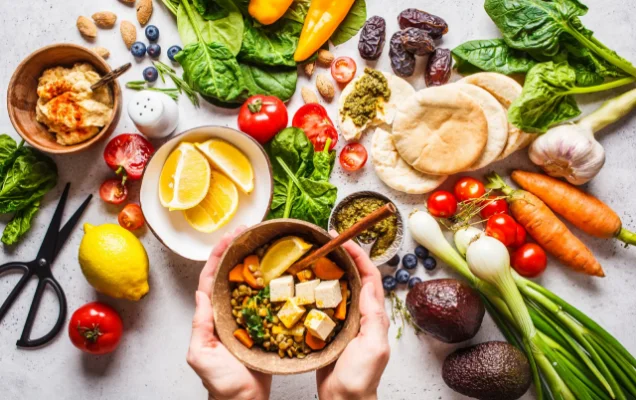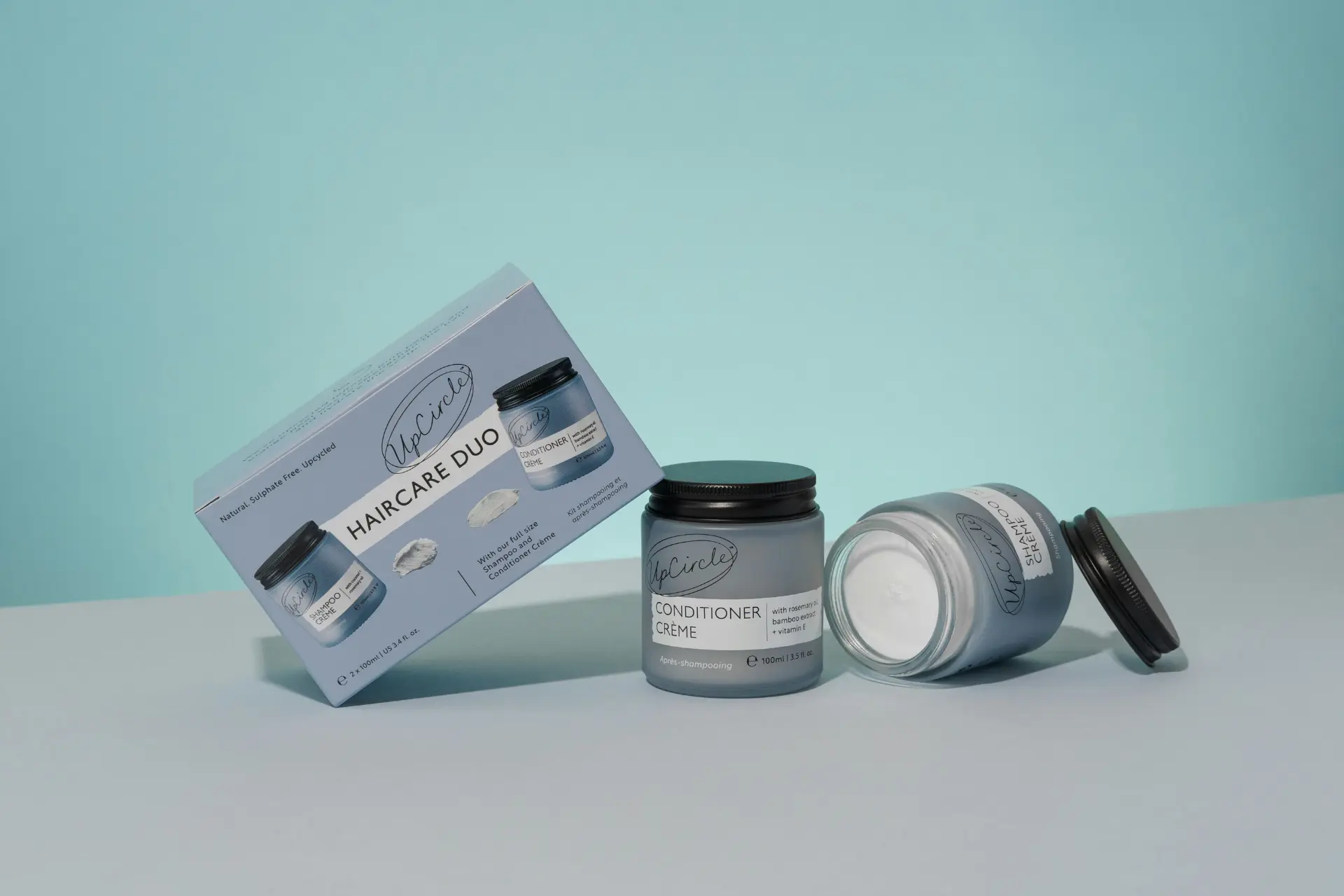NPD is starting to ramp up again, it seems even a pandemic cannot thwart creativity and consumers’ desire to try new things ☺. As ambassadors of New Product Development (NPD), 4Pack love a ‘good news’ story.
Plant-based and meat-free is a really exciting category to be in at the moment. In this summary article we take a look at what’s behind the ‘buzz’ and some of news and press releases we have enjoyed reading over the last two months.
It’s growing
What we know about plant-based and meat free, is that consumer demand is growing, at a pace.
According to a recent report almost a quarter of all UK food product launches in 2019 were vegan and the proportion of Britons who have eaten food containing meat substitutes last year rose to 65%. The sales of meat-free food product in 2019 rose by 40% to an estimated sales value of £816 million.
And it’s not just in the UK, Europe is seeing a similar trend. A consumer survey recently published by European group BEUC, saw an average of 41.6% of consumers across EU countries say they have either stopped (6.2%) or reduced (35.4%) their red meat consumption.
What’s behind the growth
Over the last few years there has been a general rise in popularity of flexitarian diets driven by consumers wanting to make lifestyle choices to improve the environment, follow a healthier diet and in general save money from consuming less meat.
There’s no shortage of scientific evidence to underline the fact that reducing meat consumption is both positive for the environment and for human health. The ‘Planetary Health diet’ suggested by Eat Lancet commission supports both aims of improved nutrition and increased sustainability. It proposes that we should eat an average of 14g red meat/day (and no more than 28g). The majority of EU nations, World Health Organisation and the World Cancer Research Fund have also issued similar recommendations.
Within the UK there is a recommended daily protein intake of roughly 45g-56g per person, depending body weight. So, what is clear, if consumers reduce their meat intake in line with recommendations there is a strong requirement for the food industry now and in future, to offer products using alternative sources of protein.
What about Covid-19?
Owing to issues with the availability of meat at the start of the lockdown in UK, plant-based and meat-free alternatives saw a surge in sales in popularity in the first few months of this year. There are varying reports about this, but Kantar data reported that sales in meat alternatives grew 25.3% in the 12 weeks to 19 April.
The pandemic has also heightened consumer interest in meat-free and plant-based products for other reasons.
Consumers are paying more attention to the safety of food and where food comes from. Wet markets and the destruction of the natural world are seen as possible root causes for diseases transferring from animals into humans. This has undoubtedly stimulated the appeal of plant-based and animal-free alternatives.
The pandemic has also driven an increased interest in home cooking, leading companies to adjust their innovation programmes to provide inspiration for home prepared meals and offer recipe box approaches.
According Boston Consulting Group,
‘Disruptions—whether technological, economic, or otherwise—trigger dramatic and permanent changes in consumer behaviours, creating unique challenges and opportunities for brands.’
This can only be positive for the plant-based and meat-free category at the current time.
Launches, Expansions, Investors, Private Label and a rise in Direct to Consumer
Here are some stories that have caught our eyes over recent weeks.
New Directions
Quite a number of already well-known brands on the supermarket shelves have made recent new launches in plant-based/meat free. Here’s a couple:
- Northern Irish sausage and bacon brand Finnebrogue known for their nitrite free bacon has extended its ‘Naked’ brand into plant based with ‘made without the moo” burgers, meatballs and mince and “made without the oink” sausages
- Higgidy, have moved beyond savoury pastries to launch a range of 4 plant based premium ready meals.
Expansions
- Rapid growth in this category is leading manufacturers and ingredient suppliers to expand their production capacities:
- Malton, Yorkshire based Tofu producer Tofoo are expanding production capacity by 70%, aiming for a £20m turnover
- Plant-based ingredient supplier, Meadow Foods has invested £4m in a plant based production facility in Chester for plant-based oat and rice dairy ingredients.
Investors
- Plant based and meat free is an area where start-ups have a real chance of success. There’s been no shortage of news of acquisitions and investments recently. For example.
- Snacks giant PepsiCo have acquired a 9% share in London based Rude Health famous for their organic dairy free milk alternatives and cereals
- Swedish vegan brand Oumph! has been acquired by Live Kindly co, to join part of Blue Horizon’s sizeable investment portfolio in plant-based.
- London based venture capital and private equity firm Vegan Arborist has launched the world’s first business and consumer platform and investment portal to grow the market for sustainable plant-based products
Private Label
Retailers are never far from the news and many are investing heavily in plant based and meat free ranges:
- Aldi launched its Specially Selected Ultimate Burger and vegan ‘No Steak Bake’ during lockdown.
- Tesco continue to expand their Plant Chef and vegan Wicked Healthy ranges.
Direct to Consumer (DTC)
The meat free/plant-based category already had strong foothold in the smaller direct to consumer channels and this has put them in a good place to profit during the pandemic
- The British plant-based baby food company Mamamade recorded a 300% surge in sales during lockdown.
- Allplants, a London based DTC provider of high quality, plant based frozen ready meals are planning a major extension to their kitchen capacity in 2020, opening UKs largest plant-based kitchen. The kitchen will run on renewable and waste created energy, in support of their B-corp sustainability credentials.
Existing meat free and plant-based producers are also testing the DTC market.
- Both meat-free Meatless Farm and plant-based BOL have added DTC offerings in 2020
Why we love it
The world went a little strange for a while and brought the importance of personal health and looking even more closely at the impact of humans on the environment into even much sharper focus.
The brands and manufactures we’ve mentioned in the article (and many others we haven’t!) are making positive strides to tackle both of these challenges and contribute to a more sustainable future in producing products and personal nutrition.
At 4Pack we want to talk about forces for good and we think the expansion of this category is one of them, so hats off to you all from us!
About 4Pack
4Pack is the leading end-to-end product and packaging software for the Food & Beverage industry.
4Pack is a SaaS (software as a service) solution which helps brands and manufacturers manage their product and launch update process more efficiently.
As a web-based application, 4Pack is perfectly placed to help plant-based and meat-free food start-ups, manufacturers and distributors collaborate with their internal departments and external suppliers in the current climate.
Our platform links four key technologies together that allows you to drive efficiencies, speed up time to market, streamline your processes and increase collaboration between teams, internal and external.
4Pack allows you to:
- Accelerate your launches – by managing all your NPD and EPD projects in one integrated solution
- Reduce risk – by centralising your product, ingredient and packaging specifications
- Achieve right first-time artwork – by synchronising pack copy creation, artwork briefing and approval
- Increase collaboration – by creating a digitally connect repository for all valuable assets whether they are data or file based
For more information email contact@4-pack.co.uk or visit www.4-pack.com.



